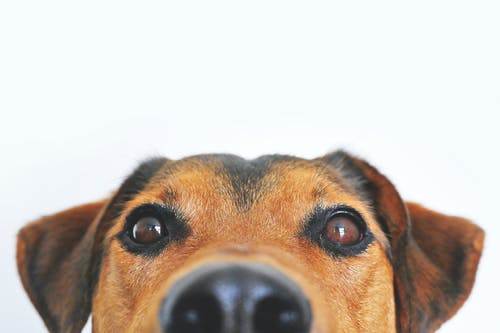
30, Oct 2022
Know What to Expect on Your Next Vet Visit
Your loyal pets require your faithfulness when it concerns their wellness. A regular trip to the vet makes sure that they have a chance to live a healthy and long life. Initially, catching health problems at the earliest phase can be simpler to treat. Secondly, prevention such as vaccines and other treatments are much better than cure.
What occurs during a wellness examination? What should we feel when illness is spotted? Let us look at the important things we need to know to let go of any anxiety we might have during our cherished pet’s routine wellness check.
How Vet Visits Go
The Physical Checkup
Cats and dogs go through a similar regular check. A normal check includes the following:
- Weight and gait check
- Lung and heart check
- Ear check for mites or infection
- Teeth and gum check for decay or inflammation
- Skin and coat check for parasites, uncommon rashes, or wounds
- Feeling the abdomen for any swelling
- Feeling along the body for masses and if there is a complete range of motion
There will be recommendations after a checkup. Your pet will require your attentiveness and action with regard to what the veterinarian tells you. Click here for more info.
Preventive Care
Your veterinarian may provide you guidance throughout the consultation if your furbaby requires a preventive care program. For puppies and kittens, the vet might inform you to be prepared for a series of vaccinations. These vaccinations will secure your pet from diseases such as distemper, liver disease, rabies, etc. It may likewise imply that your family pet, no matter what age, needs anti-parasite products such as deworming and anti-flea medications.
For geriatric pets, any emerging health issues will be immediately attended to so that preventive and proactive treatment is given. The vet will direct you in establishing a particular diet for your senior pets if necessary. Your reliable vet dentist will also check if your older pets’ have good oral health.
Elective and Non-Elective Surgery
Lab work will be arranged if the veterinarian notices something uncommon in your pets. They will need to carry out the tests to come up with a diagnosis. Sometimes, the pet will need surgical treatment. The veterinarian must provide a very in-depth description of why surgical treatment is necessary and why it is your pet’s better option.
Veterinarian medical facilities will have strict pre-surgical assessments to ensure that tests are thorough. This thorough check will even determine if there are dangers of anesthesia-related issues. Included in the list of elective and non-elective surgeries are the following:
- Mass extraction
- Soft-tissue surgical procedures
- C-sections
- Spaying and neutering to prolong lives; check this out to understand what a dog spay & neuter clinic is
- Dental surgeries to take out abnormal growth or defects
Conclusion
As a pet owner, worrying about your precious furry friend is natural. Routine wellness examinations permit you to be more aware of your family pet’s needs. Being in the know can allow you to prepare and organize a health program for them. If any illness is emerging, you have a much better possibility of beating it when your pet is regularly checked.
Routine checkups might even help prevent emergency situations and complicated surgical treatments. If you adhere to this, you give your pet an opportunity to have a longer and happier life. You can say goodbye to stress and enjoy your time with your furbaby.
- 0
- By Heidi






